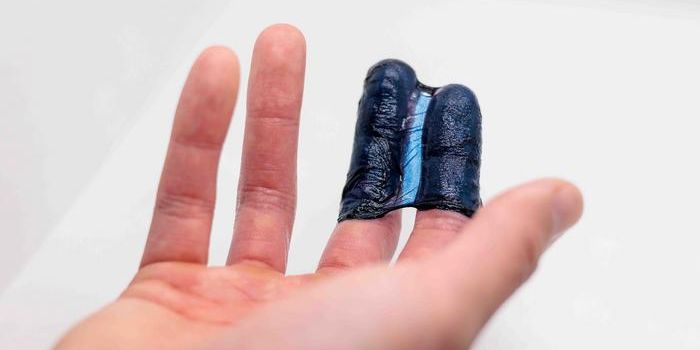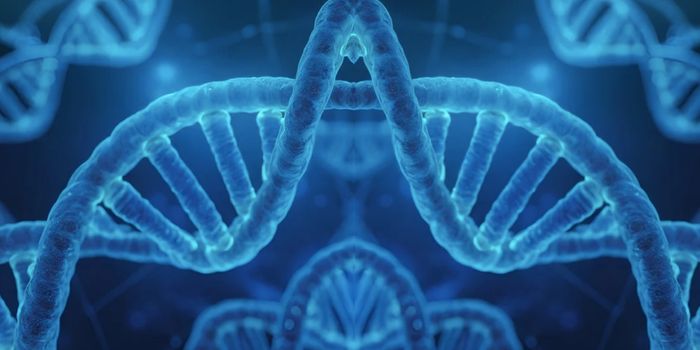Fungi Can be a Healthy or Destructive Part of the Gut Microbiome
Scientists have been revealing the importance of gut bacteria; the huge numbers of bacterial species in our gastrointestinal tract help us digest food, and they express their own genes and produce proteins and metabolites of their own. All of those bacterial organisms can have a profound impact on our health and has grabbed a lot of research attention. But bacteria aren't the only organisms in the microbiome. Viruses and fungi are also a crucial part of it.
Reporting in Nature, scientists have found that fungi may contribute to intestinal damage that's been linked to the development of inflammatory bowel disease (IBD). While the immune system has mechanisms that can help control gut fungi, disruptions may occur that loosens that regulation.
"Fungi have been wholly understudied in part because they are vastly outnumbered by bacteria," said senior study author June Round, Ph.D., professor of pathology at University of Utah Health.
The gut microbiome is a complex system, and it will take more studies like this to understand how it all works together and with humans. The more we know about it, the more likely it will become that we can manipulate the microbiome to maintain or improve health, or potentially even treat disease. Vaccines may be one way to promote a healthy balance of gut flora and reduce the likelihood of gastrointestinal disease.
One test for a gastrointestinal disorder called Crohn's disease involves the detection of antifungal antibodies. Round's team wanted to know how fungi were related to Crohn's because it seems not to have been studied, so they assessed patient samples and a mouse model. Their work suggested that a fungal yeast called Candida albicans can cause a strong immune response in the gut.
Fungal cells with an elongated shape are called hyphae; they can stick to stuff and become invasive. The mouse model indicated that round Candida cells are harmless, but invasive forms of hyphal Candida caused intestinal damage that mimicked IBD. Usually, the immune system can target hyphal fungi, and immune cells can produce antibodies that cause fungi to shift from an invasive to a round, budding state.
"The immune system is constraining Candida to its least pathogenic form," explained lead study author Kyla Ost, Ph.D., a postdoctoral scientist in the Round lab. "This is showing us that the communication between host and microbe can be friendly, as opposed to antagonistic, in order to benefit both."
The researchers want to know whether vaccines might be a way to reduce IBD symptoms, or improve the health of the gut microbiome.
"We aim to exploit interactions with commensal microbes and the host immune system to harness microbial products for therapies," Round said
Sources: AAAS/Eurekalert! via University of Utah Health, Nature









